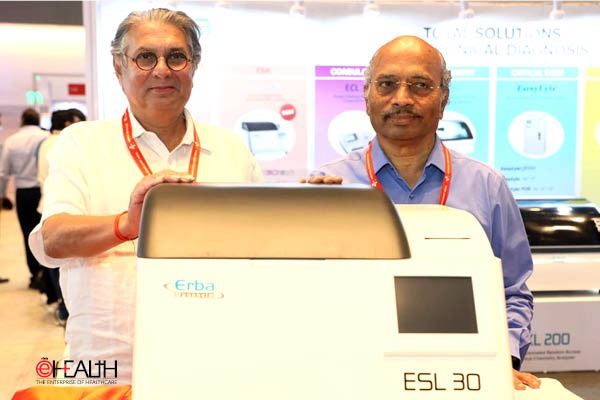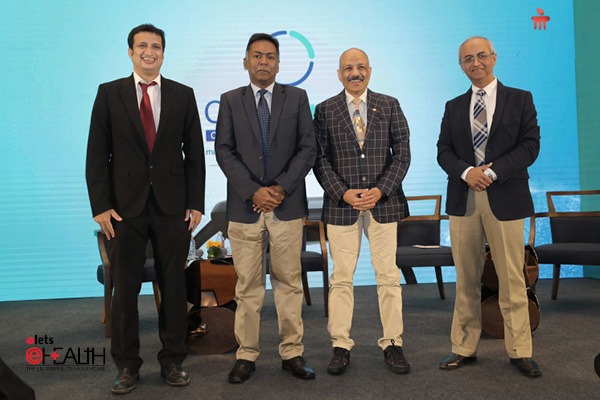Royal Philips Electronics is working towards the development of whole-body Magnetic Particle Imaging (MPI) systems and preclinical hybrid systems that combine MPI with Magnetic Resonance Imaging (MRI). The German Federal Ministry of Education and Research will provide EUR 10.6 million funding to the consortium partners. The target size of the consortium budget is EUR 20.3 million. MPI relies on the magnetic properties of iron-oxide nanoparticles (the so-called tracer) that are injected into the bloodstream. An MPI system spatially and quantitatively detects these iron-oxide nanoparticles in order to produce three-dimensional images of physiological processes. The technology has already proved capable of capturing accurate real-time 3D-images of blood flow and heart motion in mice. Experts consider MPI to be a new imaging modality with the real potential to improve diagnostic imaging in cardiology and oncology, as well as being a tremendous tool for the advancement of molecular imaging in general. Philips and the University of Lubeck are two of the three proposed consortium partners in the instrumentation area and they will focus on the development of whole-body MPI demonstrators. The third instrumentation partner, Bruker Corporation (NASDAQ: BRKR), will focus on developing a simultaneous or consecutive preclinical MPI plus MRI capability. This will complement the functional MPI information with morphological information from MRI for the purposes of preclinical imaging.

Be a part of Elets Collaborative Initiatives. Join Us for Upcoming Events and explore business opportunities. Like us on Facebook , connect with us on LinkedIn and follow us on Twitter , Instagram.












